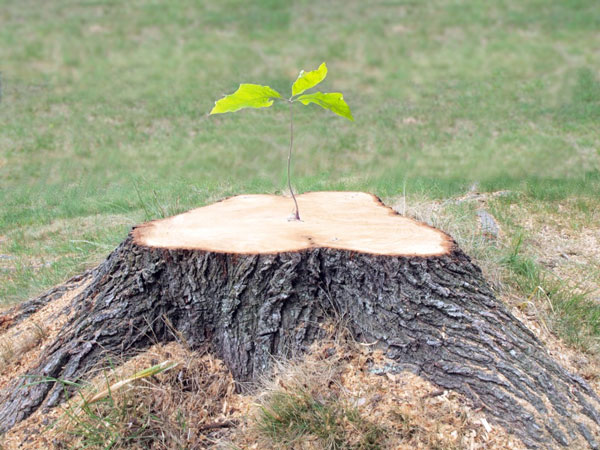 To be “Born-Again” means to begin our human existence afresh, from scratch.
To be “Born-Again” means to begin our human existence afresh, from scratch.
The ancient texts that highlight the fundamental problem with our civilization originate from the Jewish religion. Unsurprisingly, the texts mention a solution but fail to provide the details, and this is because religion has no capacity to understand, let alone apply the solution.
The purpose of religion, fundamentally, was to organise our primal way of thinking, which is The Law, not to reinvent it. A certain theologian, by the name of Jesus the Christ of Nazareth, had a dream to reinvent The Law. Laying out his theory, he emphasised that for us to reason as to achieve a utopia, we must be born-again, of the water, and of the spirit.
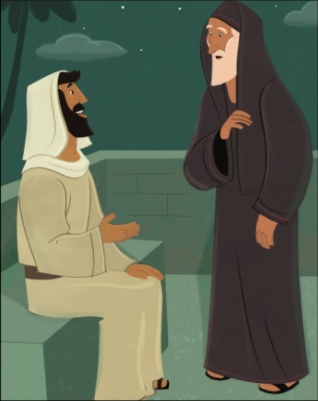
To be born-again of the water means to reinvent our human origins, and to be born-again of the spirit means to reinvent how we think. If his theory is accurate, then the implication of being born-again is profound. It extends from casually changing our way of thinking, to painstakingly erasing our identity as humans, and adopting a new identity. How might we achieve this?
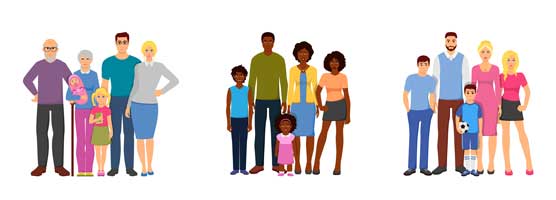
As parents, we love our biological families, who ordinarily are one of thousands of families that constitute a society. Due our egocentric nature however, we put our families first in society, regarding them as being more important than all other families. We cater to their wellbeing, even if at the cost of other families. We prefer they occupy the highest economic and political offices or positions of authority, being the family most honoured and celebrated. These biased treatments, though evolutionarily justified, make us incapable, as a civilization, of achieving a utopia.
In the following religious text, Jesus the Christ emphasized that the citizens of a utopia must love each other no different to how we presently love only our biological families. This is not in the context of emotions but in choices, being uncompromising in our loyalty, honour, and respect to one another.
The Holy Bible.
Greater love hath no man than this, that a man lay down his life for his friends. (John 15:13)
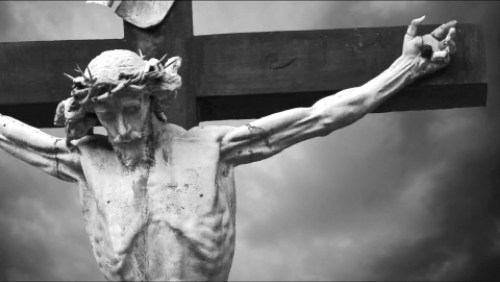
Cultured to love unconditionally only our biological families, we, as a civilization, fall short of the requirements for achieving a utopia. To love one another equally, we necessarily must redefine our understanding of family. Evolutionarily, our biological families gave birth to our human cultures, which in turn derived how we think. To reinvent our thinking, we first must reinvent our human cultures, which means we unavoidably must revolutionize our understanding of family.
Observably, each Culture of Faith is a household of creators, discoverers, inventors, and innovators, suitably definable as a family. Each family of faith lives by the substance of their dreams and the evidence of their imaginations, to imitate the universe in the power of creation.
To redefine our families, from being of biological lineage, to an intellectual lineage, from having an evolutionary ancestry, to a revolutionary heritage, we must, with conscious and deliberate effort, renounce our present human identities of biological origins, and adopt the identities of the families of faith that correspond to our dreams and aspirations. We must forcefully shift our collective paradigm to accommodate that which to us presently is implausible.
In a culture revolution, we each must come to understand, that in achieving a utopia, we must make the following choices. First, we each must choose and dedicate ourselves to our Cultures of Faith. We then must adopt as our new family members, those citizens of our countries who equally share our Culture of Faith. We must extend to them, the bond of loyalty, honour, and respect we presently reserve only for our biological families. People of the public, presently being to us as strangers and foreigners, with whom we have no biological relationships, ties, or connections, must now become as our new brothers, sisters, fathers, mothers, uncles, aunties, tribes, clans, and ancestors.
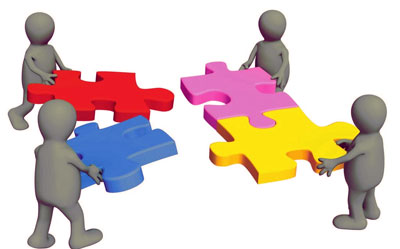
Accepting and implementing this cultural revolution would initially prove impossible for many of us. Those who accept it would even so find it challenging and conflicting. Only the very intelligent among us, who understand the consequences of maintaining our present way of thinking, would find it welcoming and appreciative.
The numbers of those accepting however would increase over time, as our understanding of the families of faith deepen. As we realise increasingly that they are in no way a threat to our biological families, but on the contrary are the foundations to their guaranteed survival and happiness, our collective paradigm would shift, to overshadow methodically, across a span of decades, our evolutionary understanding of family. Conclusively, this process of being born-again would erase our natural identity as ‘humans’, and give us a supernatural identity that religious texts simply call ‘gods’.
In conclusion here, we must try to answer the following question. Are we intelligent enough to reinvent our families?
#next
